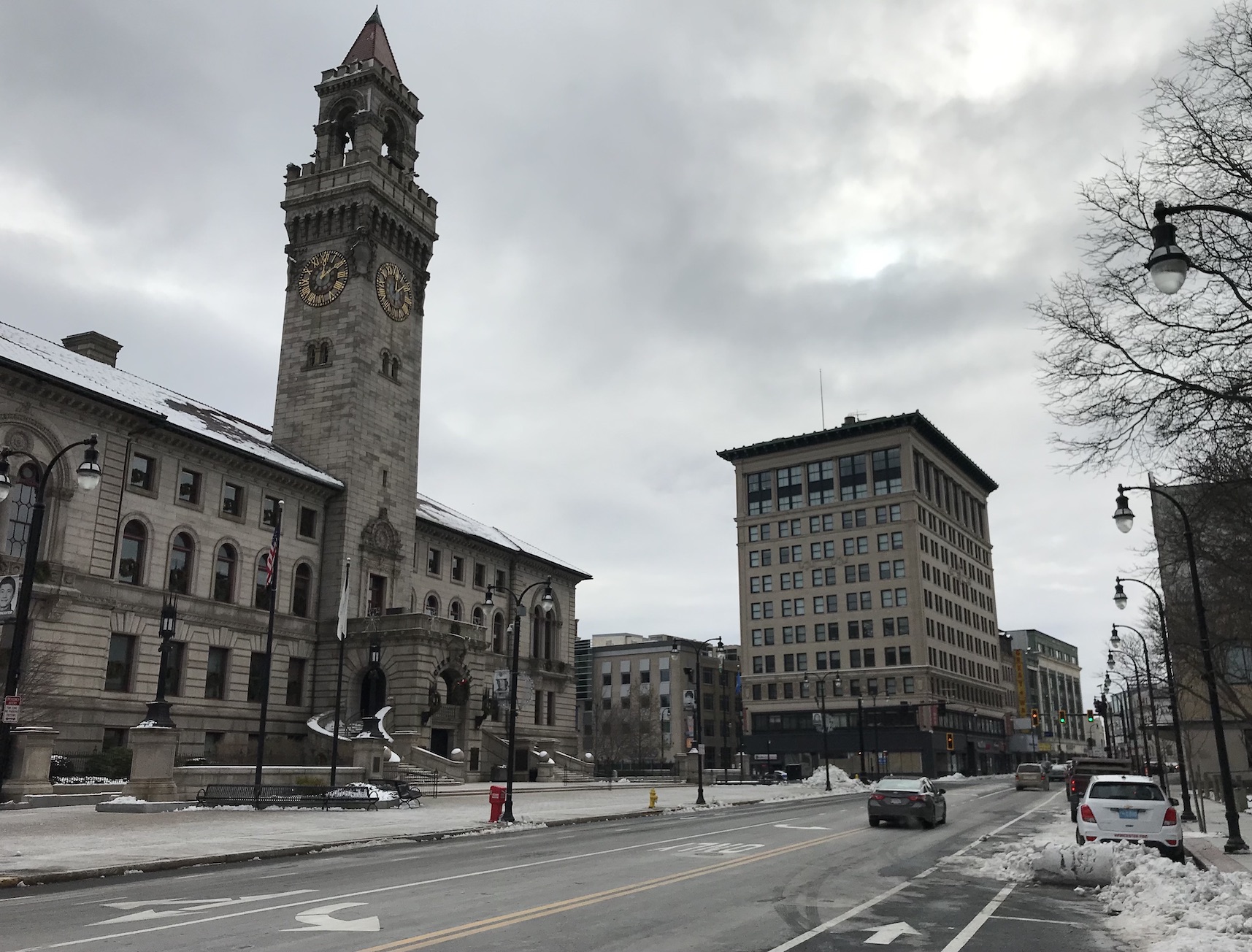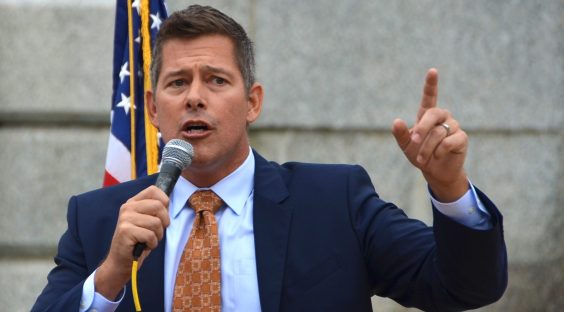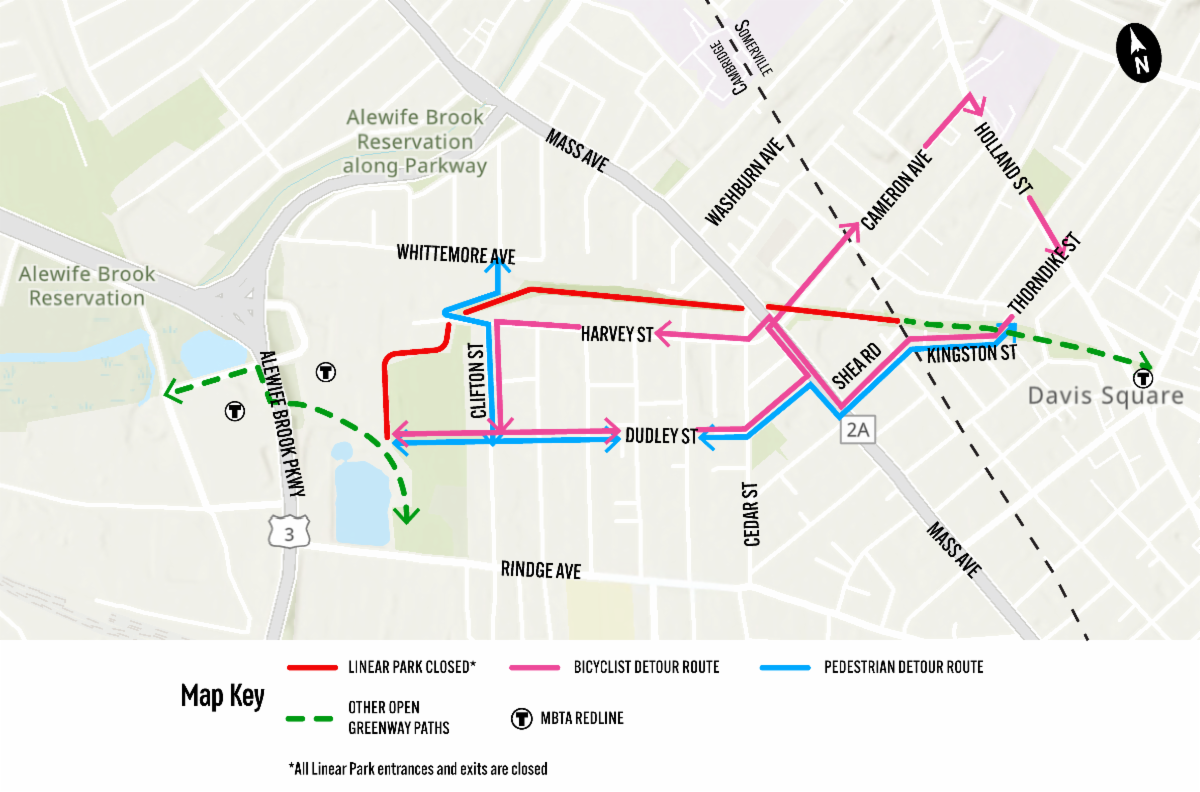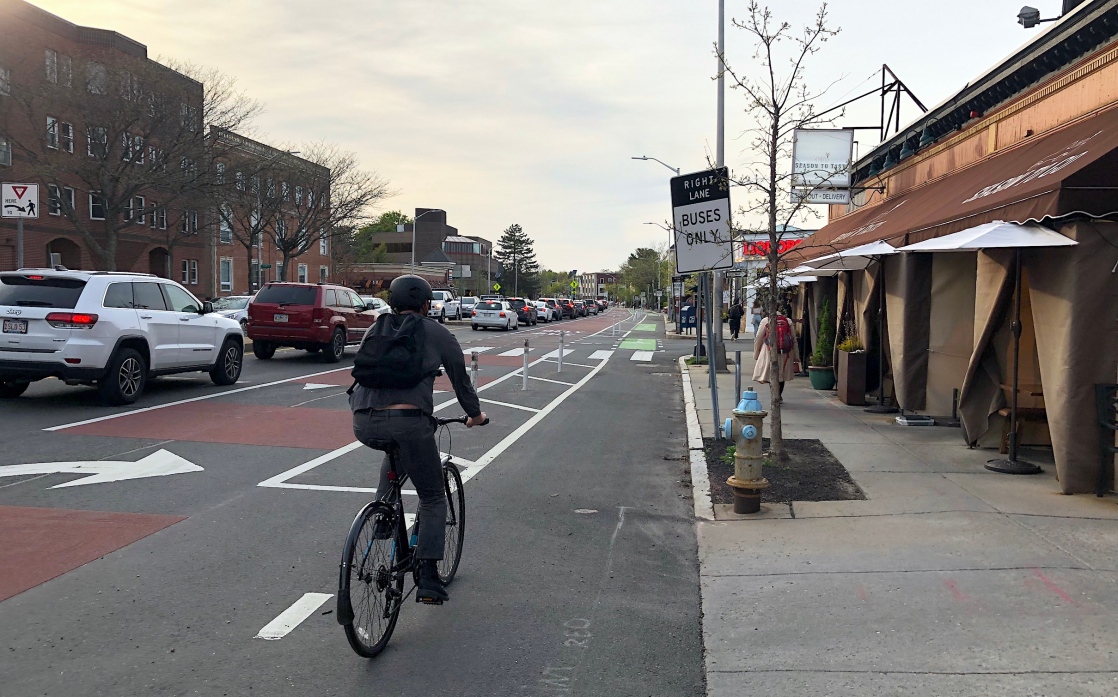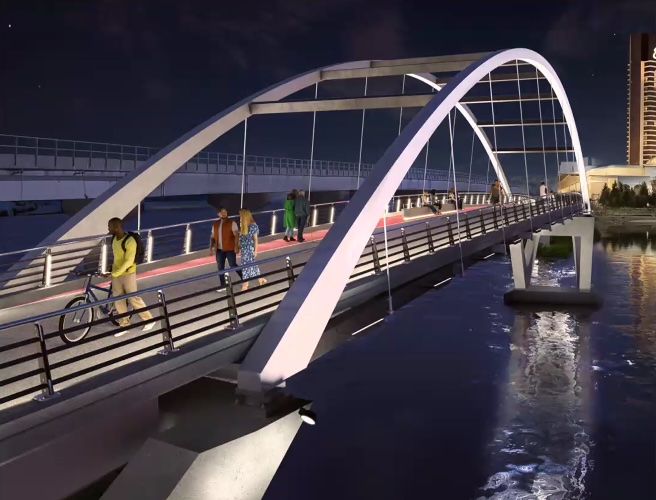This story was updated on Wednesday, Sept. 11 at 8 a.m. to include details from Tuesday's City Council meeting.
After months of delay, an ordinance to introduce safer speed limits across Worcester unanimously passed the City Council Tuesday night, after a bloody summer that prompted the city's leadership to declare a "traffic violence crisis" on the city's streets.
The ordinance will establish a citywide default 25 mph speed limit on most of Worcester's streets, with the exception of a few state-controlled highways.
The city will also establish a 20 mph speed limit in designated high-risk "safety zones," which could include streets near parks and playgrounds, schools, senior centers, and hospitals.
The changes seek to address one of the key risk-factors in violent crashes. A pedestrian who gets hit by a car traveling 25 mph is likely to survive, but a pedestrian hit by a car going 40 mph is overwhelmingly likely to die.
66 other cities and towns across the Commonwealth – including Boston, Springfield, and Cambridge – have already adopted a similar citywide 25 mph speed limit; Worcester was by far the largest city in the state that had not yet done so.
A long wait and a deadly summer
Worcester City Manager Eric Batista introduced the proposals to manage reckless speeding on the city's streets at the end of 2023.
Last December, the Worcester City Council referred the matter to the city's Traffic and Parking Committee, chaired by City Councilor Donna Colorio, who went on to postpone action on the item repeatedly.

While the city waited for Colorio to act, the city's pattern of lethal crashes continued.
A driver struck and killed Gianna Rose Simoncini, a 13-year-old girl, at the beginning of the summer; a month later, on four-lane Shrewsbury Street, another speeding driver shattered the skull of 13-year-old Ayuen Leet and put her into a coma for weeks.
At the end of August, City Councilor Etel Haxhiaj called out her colleagues' lack of action as "shameful and neglectful."
"This body has neglected these children. I don't take my job lightly. I don't take my job lightly as a mother, and I don't take my job lightly as a City Councilor," said Councilor Haxhiaj.
On September 4, in the Council's first Traffic and Parking Committee meeting since June, Councilor Colorio finally announced that she would endorse the speed limit reforms and allow the ordinance to go back to the full City Council for a final vote.
Bergman acknowledges ineffectiveness of policing, enforcement
That vote happened Tuesday night, near the beginning of a three-hour meeting.
Over the weekend, the WalkBike Worcester organization emailed members to ask for "a strong showing" in Council chambers tonight to get the measure across the finish line.
The meeting's first hour heard dozens of citizens offering public testimony, the vast majority of which supported the lower speed limit.
Robert Bilotta, a wheelchair user who is running for a City Council seat in District 2, testified that "no one is saying that this is going to completely resolve traffic violence in our city, but it's a great piece in the puzzle... this is a great way of showing to our community and your constituents that you take traffic safety seriously."
After another 40 minutes of speeches from City Councilors, the speed limit reforms passed unanimously.
Before the vote, there was an interesting piece of testimony from Councilor Morris Bergman, who had long resisted the speed limit changes.
Bergman observed that Springfield, which had already adopted a 25 mph speed limit, "a similarly-situated city with less people than us and more police officers than we have – so they have more police per capita than we do – and they've had a speed limit reduced [to 25] for the last 7 years, still has much more significant pedestrian death problems that we have."
Bergman, a longtime antagonist of safety reforms in Worcester, was trying to argue that the speed limit change would be ineffective.
But instead, he unwittingly made an important point about the ineffectiveness of policing in preventing roadway violence. Springfield is indeed the Commonwealth's most dangerous city for roadway violence, with 91 traffic-related killings since the start of 2019.
It's also one of the state's most over-policed cities.
Wealthier cities that employ fewer cops – places like Newton and Somerville, which have also adopted 25 mph citywide speed limits and employ roughly half as many cops per capita than Springfield does – have considerably lower rates of vehicular homicides. 6 people have died on Newton's streets since 2019, and 7 in Somerville.
Bergman's point corroborates a 2021 public health study that analyzed more than 150 million traffic stops in 33 states over the course of a decade, and found that higher rates of policing had no effect on crash rates.
